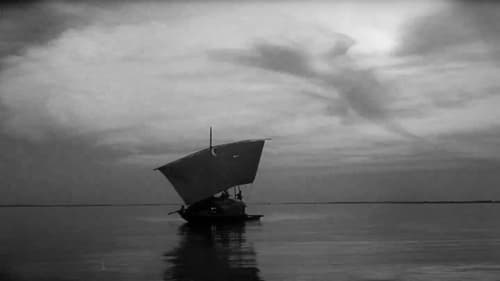Khan Ataur Rahman
출생 : 1928-12-11, Singair, Manikganj, Bengal Presidency, British India [now Bangladesh]
사망 : 1997-12-01
약력
Khan Ataur Rahman was a Bangladeshi film actor, director, producer, screenplay writer, music composer, and singer, best known for his role in the Zahir Raihan film Jibon Theke Neya (1970). He received the Bangladesh National Film Award for Best Screenplay for the films Sujon Sokhi and Danpite Chhele.




